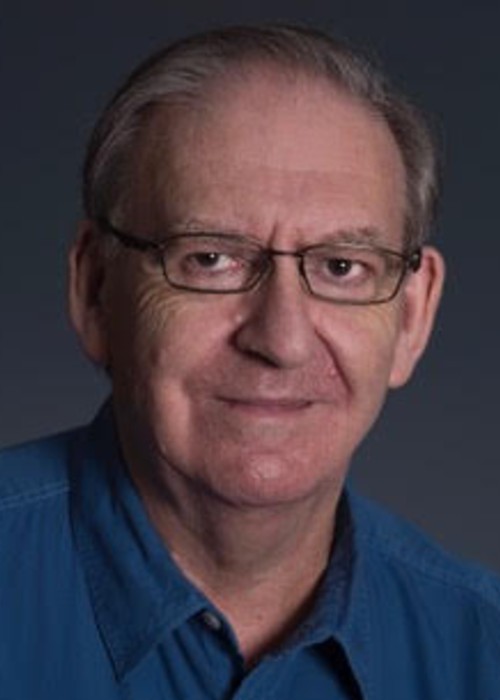Greg Spiro, MBA
CEDR Accredited Mediator
Email: gregm31@me.com
Greg is a British/Irish management consultant engaged for many years in organisational ‘changing’ and leader development. He is also an accredited commercial mediator and certified intercultural mediator.
Clients range from multinationals to institutions and social enterprise. Past clients include BBC, NHS, Royal College of Nursing, Xerox, ICL-Fujitsu, Habitat, BT, Beiersdorf AG, British Airways. Notably, he worked as a ‘change agent’ with Guinness Group (now Diageo) for 8 years following a controversial takeover of the Distillers Company’s whisky (eg Johnnie Walker, Dewars) and gin (Gordons, Tanqueray) businesses. This involved culture change on a massive scale with coaching and work-outs with the senior management community in transition from leading separate brand companies to a global portfolio strategy. He became an independent member of the Asia Pacific executive committee working on the joint venture implementation of a strategic alliance with Louis Vuitton Moet Hennessy. This was susceptible to cultural conflict in both the corporate sense and inter culturally. His innovative approach through consultation, coaching and facilitation/mediation skills was recognised in a case study for the Economist intelligence unit (1994).
More recently Greg has spent 5 years living and working in Singapore where clients included GE (Asia Pacific), M&G, Barclays Capital, Accor Hotels and Conjunct Consulting (an innovative social enterprise strategy consultancy). He is now based in the UK.
Greg’s mediation skills have been called on to help address conflict in teams and among business partners, to help heal racial division and to promote collaborative endeavour within shifting power and role relations.
In parallel, he has also taught in business schools and universities, most recently as a faculty member of the Georgetown University international graduate program with Oxford University (2003-2013) where the course was based. His workshop-like tutorials included Negotiation: Deal and Relationship, Cross-Cultural Factors in International Business and Leading and Managing Change: A Practitioner’s Perspective.
He started out in the late 70s as Deputy Director of the independent trinational European Business School (EBS) where he led a languages department in pioneering work on language and communication integrated with a business subjects syllabus for which he received a commendation award from the Duke of Edinburgh on behalf of the English Speaking Union. This led to a text book, Business Information (Edward Arnold 1985). He was a recipient of a silver award at the 1982 New York film festival as a team member producing a Video Arts corporate video and teaching materials. He wrote regular columns for the business media (early 90s).
Greg was educated at Cambridge University (Emmanuel College) and Aston University Business School. He attributes his fundamentally relational, facilitative and coaching approach partly to a post-experience programme at the Tavistock Clinic on Advanced Consultation Skills at Work and including the residential Group Relations Course (early 80s). This provided a grounding in systems thinking and practice, group dynamics and the diffusion of influence and ‘changing’ through third party consultation by shifting the focus from ‘tell by report’ to discursive sense-making and community-building.

Current Concerns and Interests
Since returning to the UK Greg has gradually retired from his assignment activity to occasional mentoring while focussing on his first love – the Arts. This transition has been evolving as the world faces profound issues – climate change, pandemic, migration and racism – all in a political climate characterised by sloganising and misleading rhetoric, corruption and the erosion of democracy at the expense of the ‘Public Good’. We need to figure out how to engage effectively with the claims of competing narratives, some threatening our core values and very existence. We are becoming guardians of the future and that requires our shared wisdom.
So while continuing as occasional mentor and mediator, his focus is now on poetry, fiction and drama including their possibilities for relational interplay. His sonnet ‘Swannet’ was recently short-listed in the Fish Publishing Lockdown poetry competition and featured on the radio. His poem ‘Motormouth’ about a singularly unempathising character was published in The New Statesman (10 March 2017).
So the agenda lies in exploring the possibilities of writing and the arts within the expanding space of social and relational construction and application to professional practice and our lives. Peggy Penn’s Joined Imaginations is an inspiring work along these lines as is Frank Barret’s explorations of jazz and leadership. As a jazz nut since 12 years old, some lively improvisation is called for.
